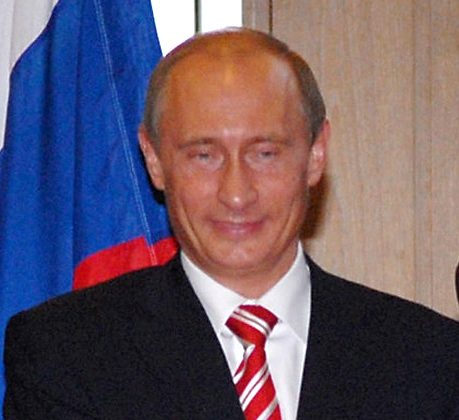(CEURUS Paper) Abstract: A number of malpractices, including corruption, cheating and abuse of power by superiors flourish in the Russian higher education system. As authorities turn a blind eye to at least some of such problems, this leads to a devaluation of Russian diplomas and degrees and a normalization of misconduct in academic environment. This (as well as similar practices in some EU member states’ universities) could reveal itself in EU-Russian cooperation in various ways: the use of credentials obtained in improper ways by some participants, distribution of positions within joint projects not by merit but by connections, appropriation and embezzlement of project funds etc. Unfortunately, the EU and EU-based actors currently have no effi cient leverages to promote anti-corruption reforms and academic integrity in the Russian higher education system. These leverages could potentially appear if the Bologna process quality assurance criteria are revised and if educational anti-corruption monitoring projects are supported in terms of funding and distribution of their results. If malpractices in Russian higher education are fought efficiently, it can provide more opportunities for EU high-rated universities to off er their programs on the Russian market jointly with their Russian partners.
Golunov, S. (2013), "Malpractices in the Russian Higher Education System: Implications for EU-Russian Education and Science Cooperation," CEURUS EU-Russia Papers, No. 9.
Read the full article (pdf) | © CEURUS – University of Tartu Press











